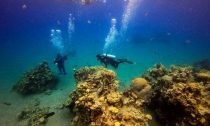
Israeli environmentalists are warning that a UAE-Israeli oil pipeline deal threatens unique Red Sea coral reefs and could lead to “the next ecological disaster”. The agreement to bring Emirati crude oil by tanker to a pipeline in the Red Sea port of Eilat was signed after Israel normalised ties with the Gulf Arab nation late last year and should come into force within months.
With experts warning of possible leaks and spills at the ageing Eilat port, and the Israeli environmental protection ministry demanding “urgent” talks on the deal, activists mobilised last week.
They held a protest in a parking lot overlooking Eilat’s oil jetty against what they see as a disaster waiting to happen, chanting that profits will be made “at the expense of corals”.
“The coral reefs are 200 me...
Read More









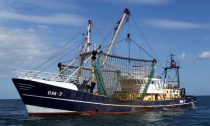
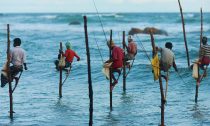
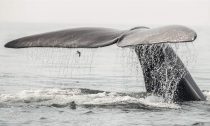
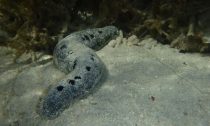
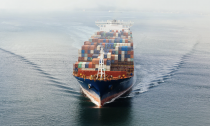
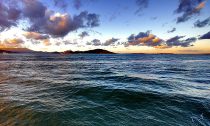
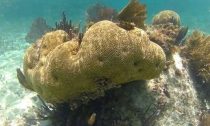
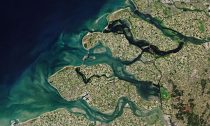
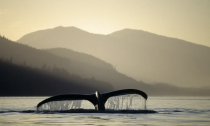

Social Profiles